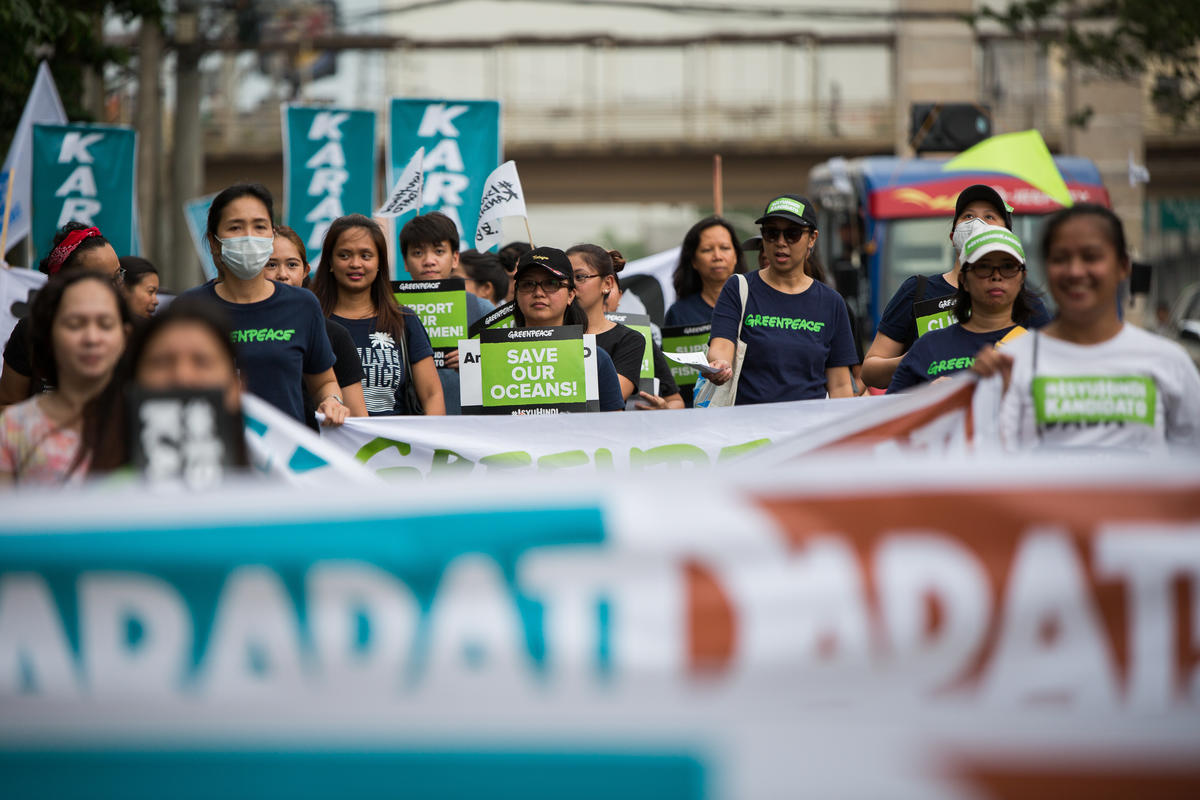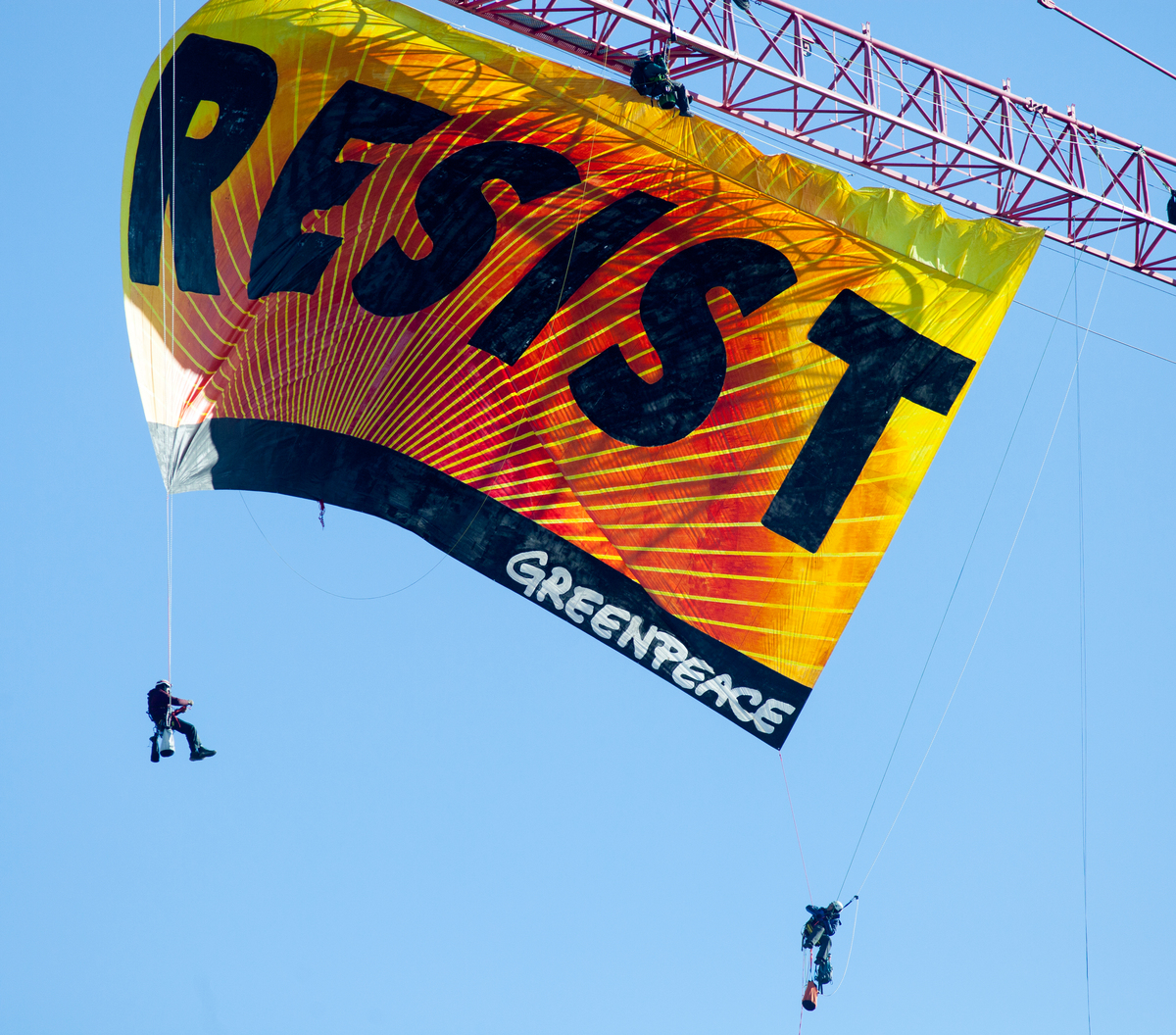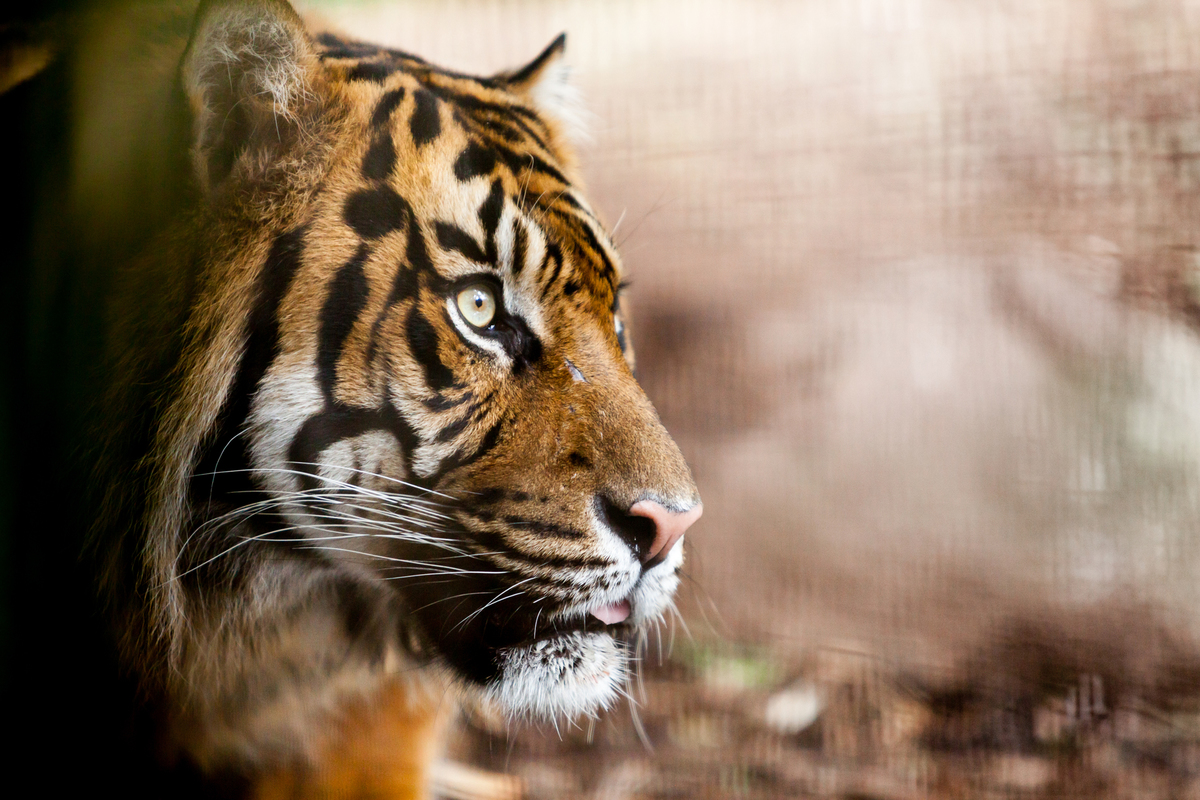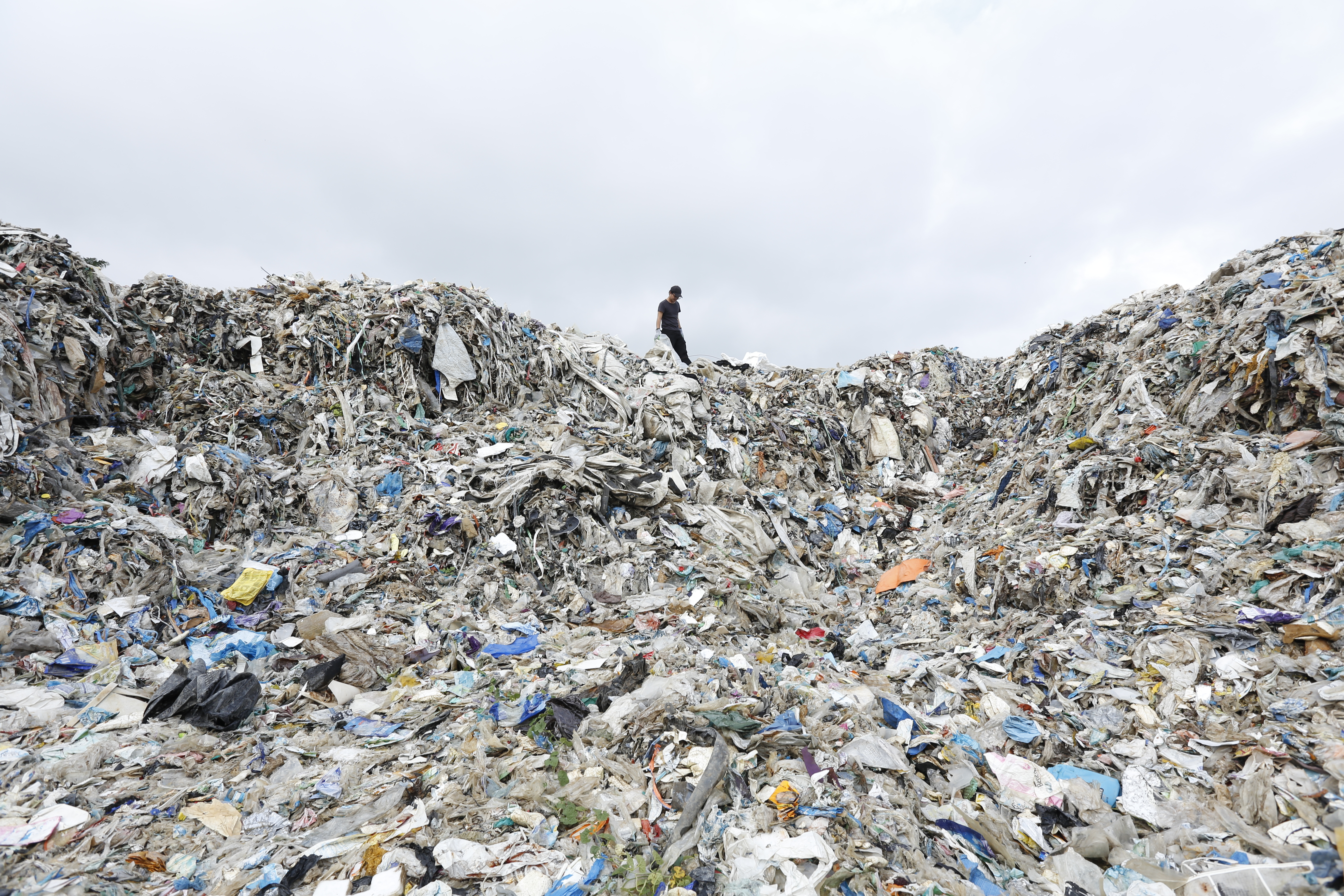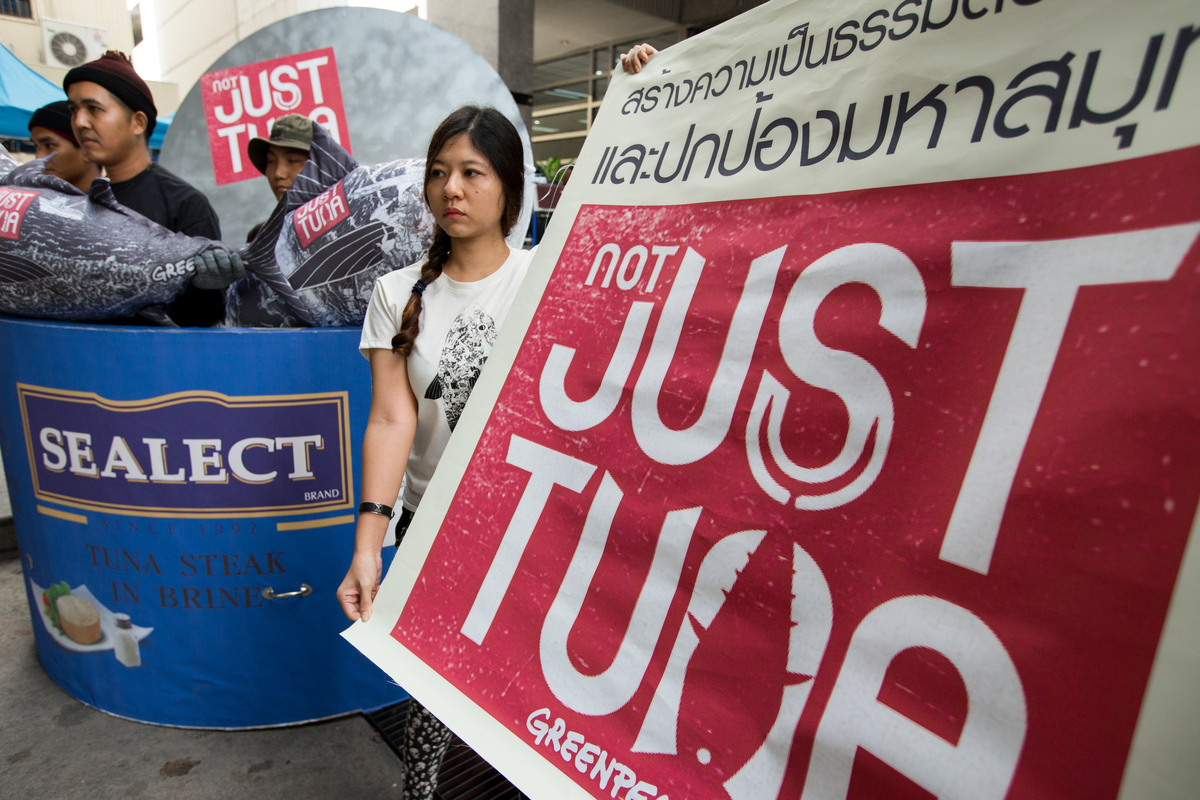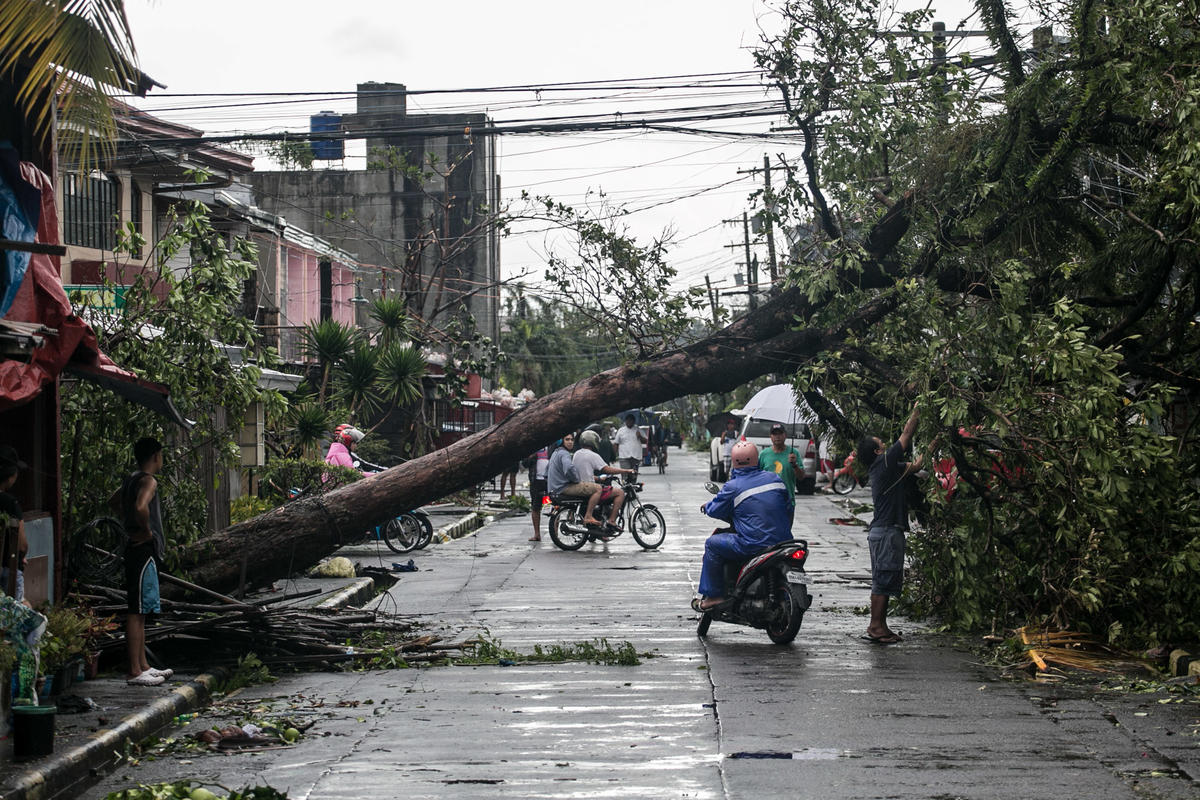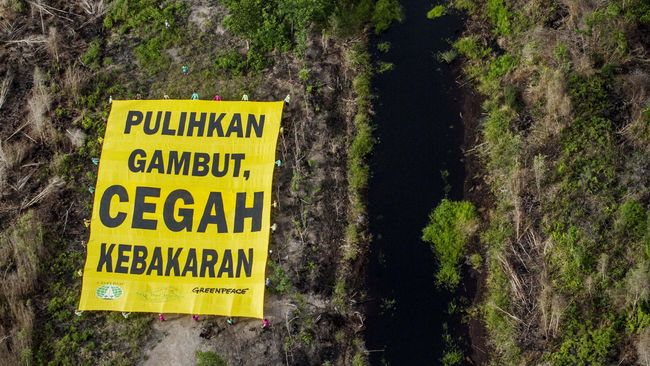-
Greenpeace finds Asia Pulp and Paper guilty of peatland clearance and fuelling forest fires in Indonesia
As the fire season looms in Indonesia, Greenpeace Southeast Asia revealed that Asia Pulp & Paper (APP), one of the world’s largest pulp and paper company, owned by the Sinar Mas Group, has been actively clearing Sumatran peatland for pulpwood plantations in direct breach of its own commitments to preserve and restore carbon-rich ecosystems and…
-
Real-time counter tracks cost of air pollution during COVID-19
The cost of air pollution counter, developed by Greenpeace Southeast Asia and IQAir AirVisual, reveals the impact of air pollution in 28 cities around the world since 1 January, 2020.
-
Greenpeace Philippines statement on the signing into law of the Anti-Terror Bill
We at Greenpeace believe that activism is essential for a better normal. We will continue to speak out and act in solidarity, ensuring that those whose voices remain unheard will be heard. We will not be silenced.
-
Greenpeace’s Response to Sime Darby Announcement to Exit from the HCSA Steering Committee
In response to Sime Darby announcement to exit from the HCSA steering committee, Grant Rosoman Global Forest Solutions Coordinator for Greenpeace International said:
-
Greenpeace Philippines joins calls to scrap anti-terror bill
“Activism is not a crime--it is a prerequisite to a green, just and peaceful society. Empowered participation and collective citizen action in political discourse, including in opposing harmful government policies and business practices, are vital in protecting the health and well-being of Filipinos and the environment on which we depend."
-
Shocking images of critically endangered tiger caught in a trap
A critically endangered Sumatran tiger trapped in a snare in a pulp concession operated bay Sinar Mas Group’s Asia Pulp and Paper (APP) - one of the world’s biggest paper producers - has died after days without access to food and water. PT Arara Abadi, the concession where the tiger was found, has recorded one…
-
Waste trade woes: Plastic waste from developed countries add to Malaysia’s environmental crisis
In their latest report, The Recycling Myth 2.0, Greenpeace Malaysia found hazardous substances and chemicals that are potentially harmful to human health and the environment through a series of investigations involving water and soil sampling at four sites in Selangor and Kedah, Malaysia
-
Thai Union’s audit shows progress, but work still needed on many commitments – Greenpeace
Almost three years after Thai Union made a landmark agreement with Greenpeace to tackle illegal fishing, overfishing, and to improve the livelihoods of workers across its supply chains, a review into its progress shows how the seafood giant is advancing in some key areas but has work to do in order to fully meet its…
-
Govt-led COVID recovery plans must lead us to ‘better normal’ – Greenpeace
At present, trillions are earmarked for infrastructure projects and to support a private sector “recovery” phase in order to “restart” the economy. There is a real danger that governments and industries could reinvest in a business-as-usual scenario, including more dirty investments, and will exacerbate inequitable socio-economic conditions by developing private-for-profit services that neglect the needs,…
-
Global health crisis, an additional reason to protect and restore carbon-rich peatlands–Greenpeace
Greenpeace Southeast Asia warns President Jokowi’s plan to convert carbon-rich peatlands in Central Kalimantan into paddy rice fields may lead to another environmental disaster in times when the country’s efforts should be focused on protecting these crucial ecosystems.



